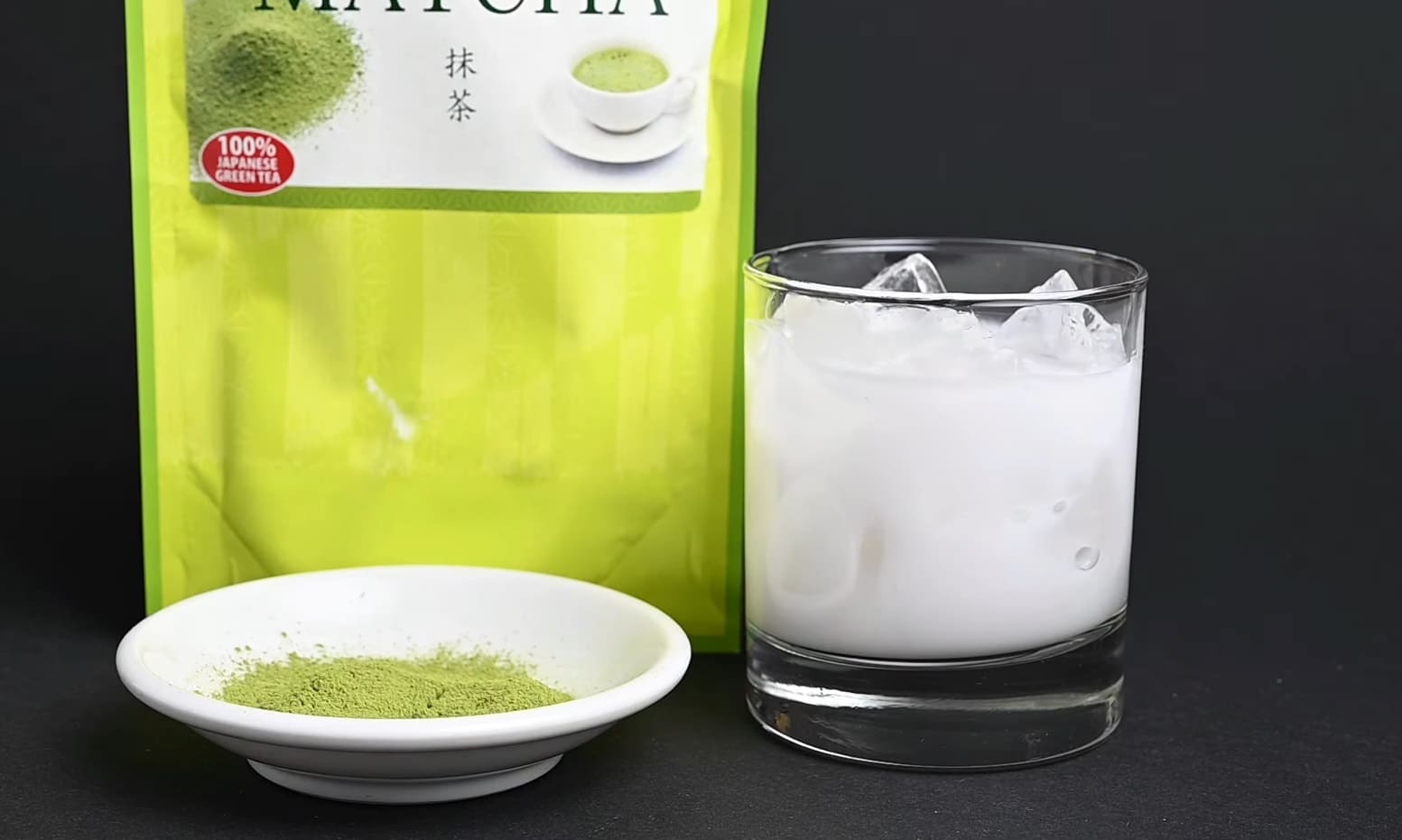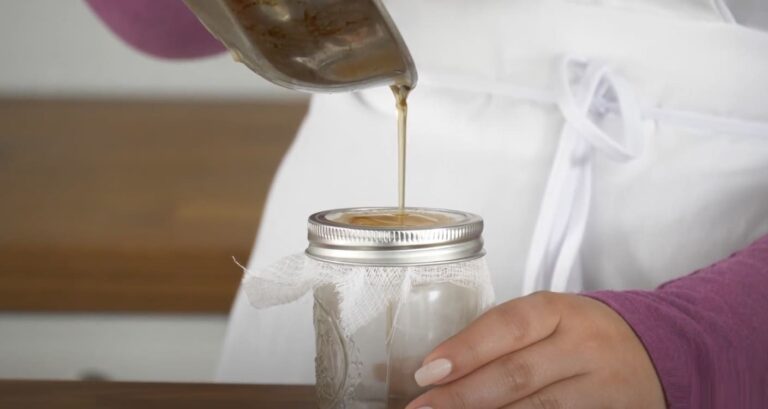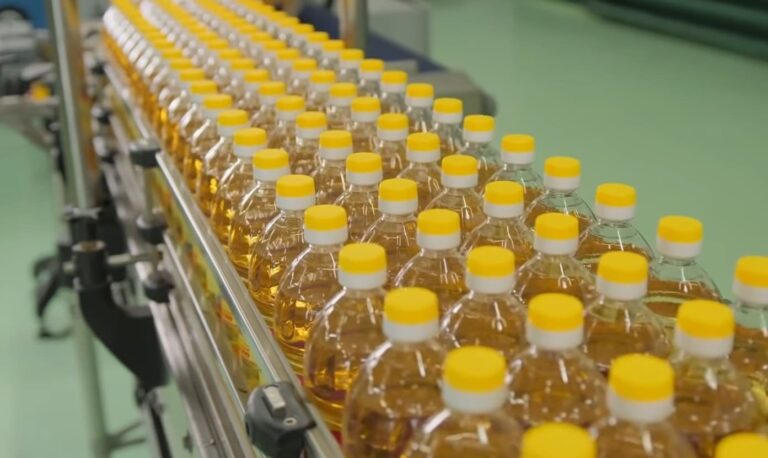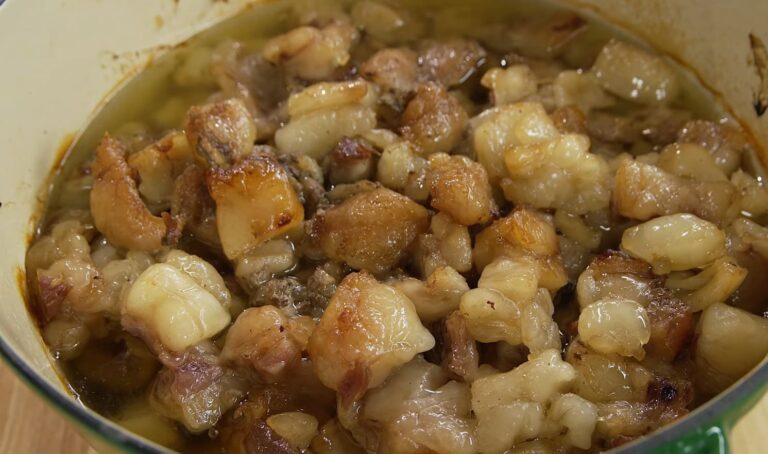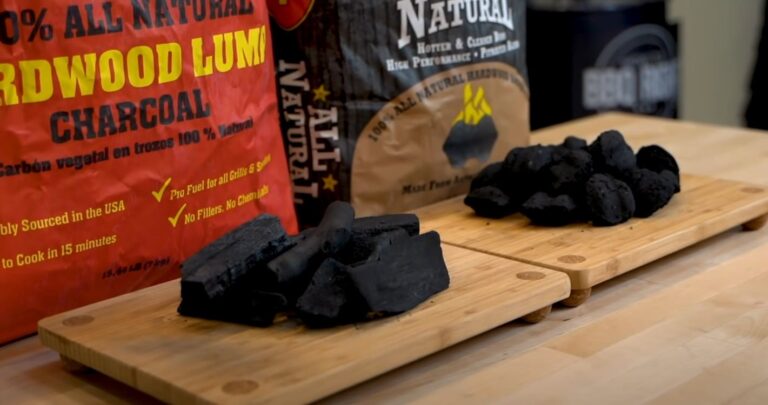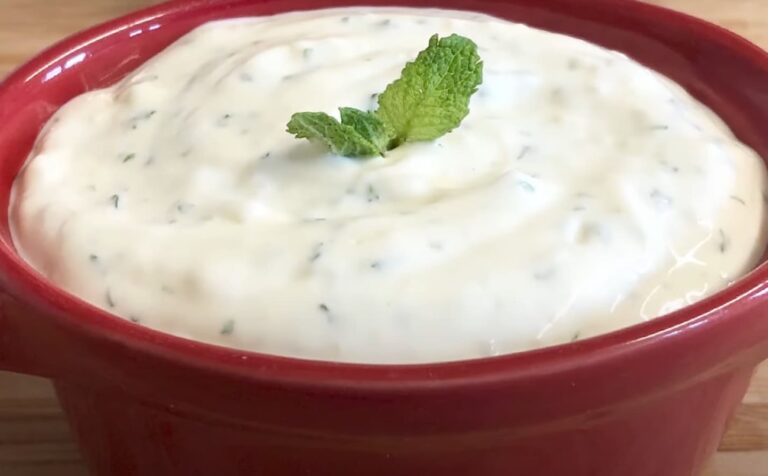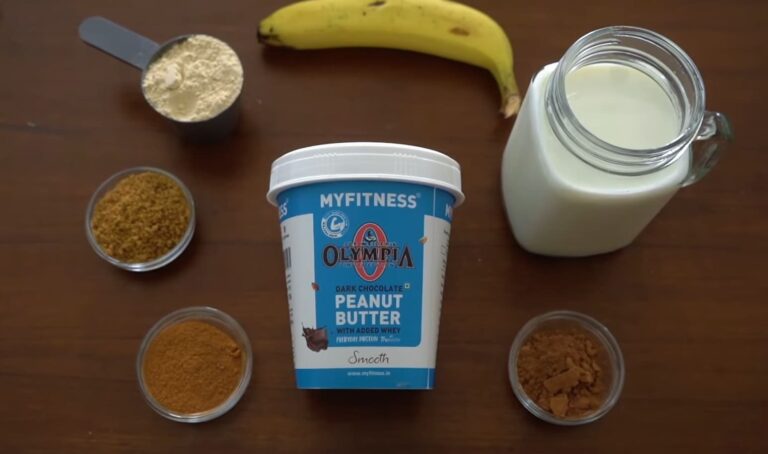Can You Mix Coffee and Matcha?
Coffee and matcha – two caffeinated beverages that seem like an unlikely pair. But is there potential in their union? This question has intrigued curious caffeine aficionados, opening a new frontier of flavor exploration. We journey into uncharted territory, seeking the potential synergy between bitter coffee and vegetal matcha. Can these disparate flavors harmonize, or will their merger muddle the palate? The quest begins as we brew a cup of java and whisk up some matcha. With open minds and eager tastebuds, we stand at the precipice of revelation, ready to discover if coffee and matcha can mix.
Key Highlights
While coffee and matcha both contain caffeine, their flavors are pretty different. Coffee has a bitter, roasted taste, while matcha is grassy and vegetal. At first glance, they may not seem like compatible flavors. However, creative baristas have found that combining coffee and matcha can yield some intriguing results! The bold bitterness of coffee can balance out the verdant taste of matcha. A dash of matcha in a cup of coffee adds a subtle sweetness and smoothes out acidity. Likewise, a shot of espresso can give matcha lattes a more complex, robust flavor. So, if you’re feeling experimental, go ahead and try mixing your morning matcha with a shot of coffee!
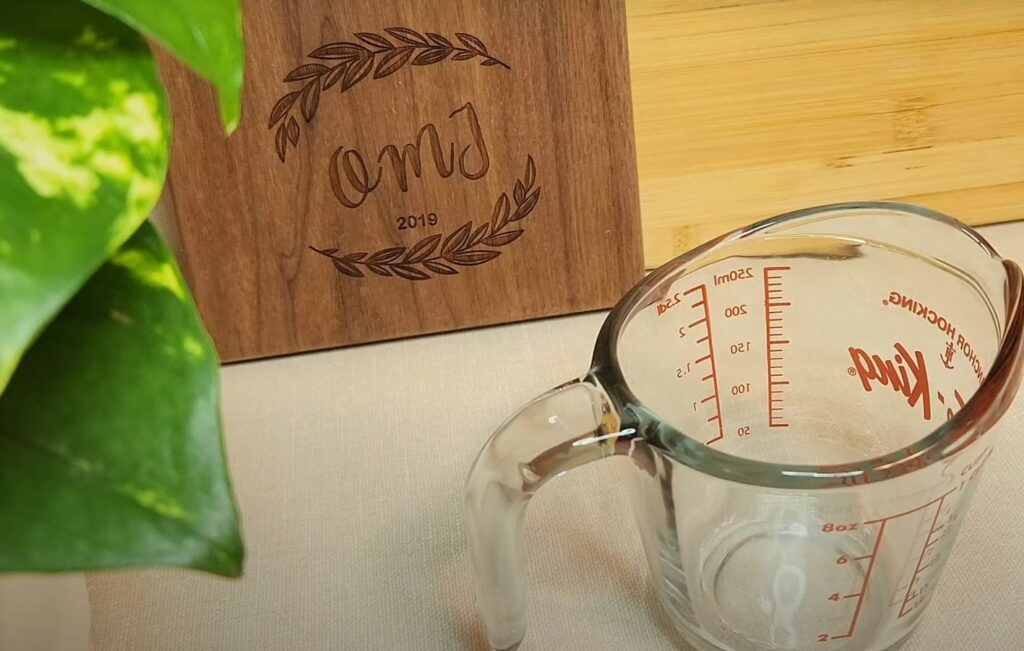
Comparison of Сaffeine Сontent
What is Caffeine?
Caffeine is a natural stimulant found in the seeds, nuts, and leaves of various plants. It belongs to a group of compounds called methylxanthines. Caffeine’s chemical name is 1,3,7-trimethylxanthine.
Caffeine acts as a central nervous system stimulant by blocking adenosine receptors in the brain. Adenosine is a neurotransmitter that makes you feel tired when it binds to its receptors. When caffeine occupies these receptors instead, it leads to effects like improved alertness, focus, and energy.
The primary natural sources of caffeine include coffee beans, tea leaves, cocoa beans, kola nuts, and guarana berries. Coffee and tea are the most widely consumed caffeine-containing beverages worldwide.
Caffeine Content in Matcha
Matcha is a fine, vibrant green powder made from specially grown and processed green tea leaves. It provides a more potent source of nutrients compared to regular steeped green tea.
Matcha contains 34-68mg of caffeine per 1g of powder. A typical serving of matcha is 1-2g or about 1⁄2 tsp. So, a standard matcha preparation contains about 35-75mg of caffeine.
Factors like the quality of leaves, harvesting techniques, and fineness of grinding determine matcha’s exact caffeine content. Higher-grade matcha tend to have less caffeine due to differences in processing.
Caffeine levels are moderate in matcha compared to other drinks. But since you ingest the whole tea leaf, you still get a sustained energy boost along with antioxidants and amino acids like L-theanine.
Caffeine Content in Coffee
Coffee is brewed from ground coffee beans, which are the roasted seeds of the coffee plant. The caffeine content of coffee depends on the type of bean, roast method, and brewing process.
On average, a standard 8oz cup of drip coffee contains 95-200mg of caffeine. Espresso is more concentrated, with about 64mg per 1oz double shot.
Specific coffee drink sizes from cafes can contain up to 400mg of caffeine or more. Iced coffee, cold brew, and other preparations also vary in caffeine levels based on size and concentration.
Coffee beans contain over 1,000 aromatic compounds that provide coffee’s signature roasted flavor and smell. But it’s the caffeine that makes coffee a popular morning drink for a substantial energy boost.
Coffee generally has much higher amounts of caffeine compared to matcha. However, it lacks the L-theanine found in matcha, which moderates the effects of caffeine.
Comparison of Caffeine Content
To summarize, here is how matcha and coffee typically compare in their caffeine content:
- Matcha contains 34-68mg of caffeine per 1g of powder. A 1⁄2 tsp (1g) serving provides around 35-75mg of caffeine.
- Coffee has 95-200mg caffeine per 8oz cup, depending on the brew method, bean, etc. Espresso has 64mg per 1oz double shot.
- An average matcha preparation, therefore, contains less caffeine than a regular cup of coffee.
- However, matcha powder is ingested whole rather than infused like coffee. So, the caffeine effect is generally more potent and sustained.
- Coffee provides a quicker, sharper caffeine jolt, while matcha offers steady alertness without as much of a crash later on.
- Matcha also contains L-theanine, an amino acid that helps stabilize caffeine effects and prevent jitteriness.
So, while coffee provides a more significant dose of caffeine, matcha offers a more balanced, sustained energy boost. Understanding the contrast in caffeine content can help you choose the beverage best suited to your needs and sensitivity. Both matcha and coffee can be part of a healthy lifestyle when consumed mindfully and in moderation.
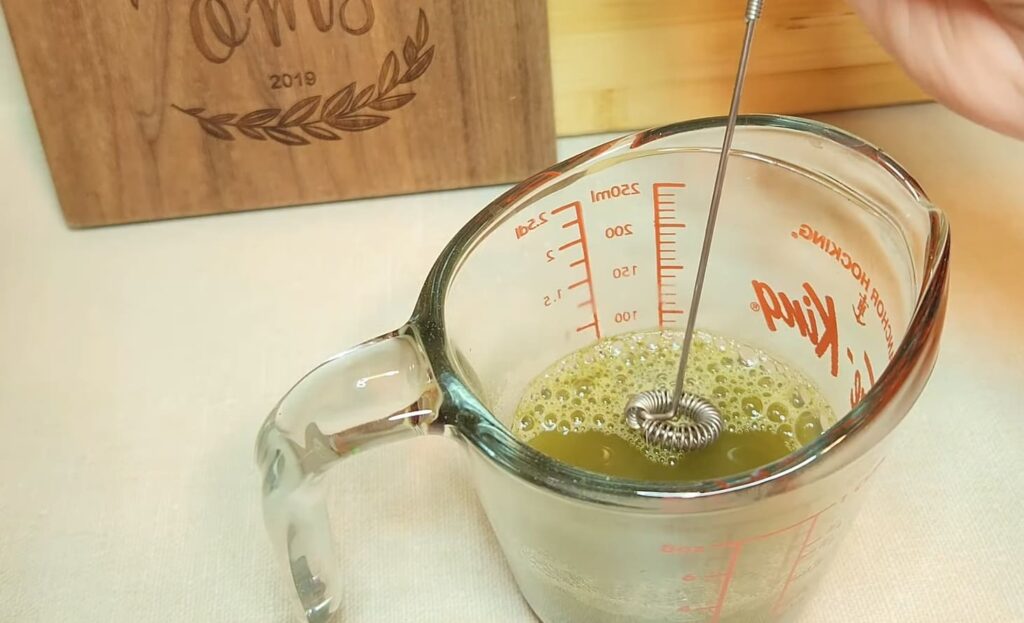
Health Benefits of Matcha and Coffee
Both matcha and coffee have become incredibly popular in recent years for their purported health and performance benefits. But matcha and coffee provide different active compounds, which leads to some distinct potential upsides for health.
Health Benefits of Matcha
Matcha is a powdered green tea made from the nutrient-rich leaves of Camellia sinensis plants. It has been used for centuries in East Asian cultures for its medicinal properties. Modern research indicates matcha may offer certain benefits:
Antioxidants
- Matcha contains polyphenols like EGCG, which act as antioxidants to combat cell damage and inflammation.
- Matcha has over 10x more antioxidants than regular brewed green tea.
Calm alertness
- The L-theanine in matcha promotes alpha brain waves, which lead to relaxed focus and concentration.
- L-theanine balances the effects of caffeine for sustained energy without jitteriness.
Metabolism
- Studies show matcha can boost metabolism and increase fat burning during exercise.
- This is likely due to matcha’s combination of catechins, caffeine, and other compounds.
Cancer prevention
- Matcha’s EGCG shows the potential to inhibit tumor growth and prevent certain cancers.
- More research is needed, but results have been promising in lab and animal studies.
Heart health
- The catechins in matcha may help lower harmful cholesterol levels and reduce heart disease risk.
- Matcha also contains chlorophyll, which provides anti-inflammatory benefits.
Health Benefits of Coffee
Coffee is a widely consumed brew made from the roasted beans of coffee plants. Some of coffee’s researched health benefits include:
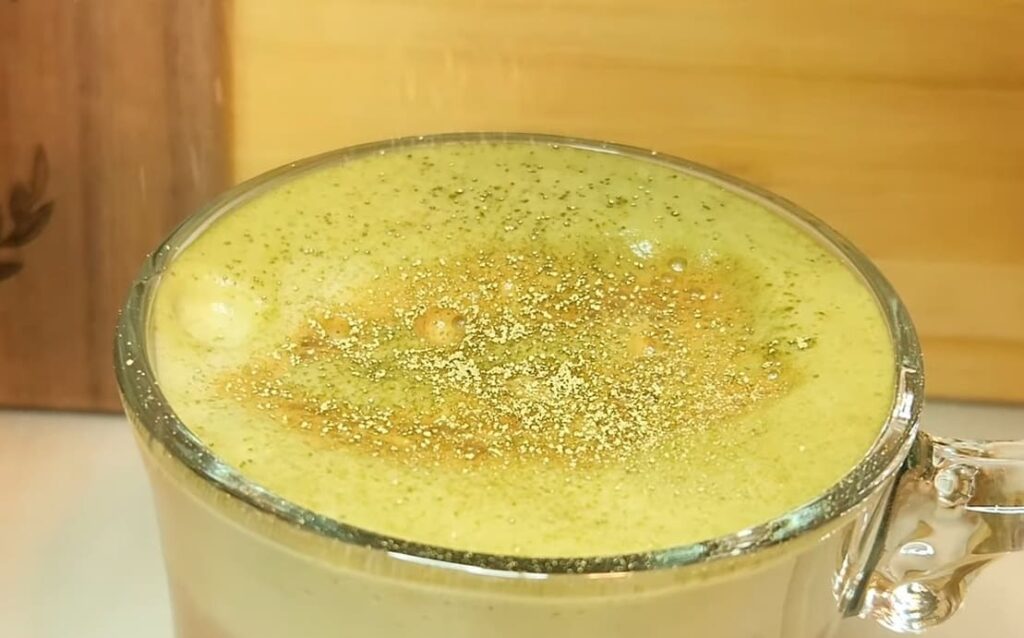
Alertness
- Coffee can increase attention and concentration thanks to its caffeine content.
- Caffeine blocks adenosine receptors in the brain, thereby promoting wakefulness.
Physical performance
- Caffeine enables the body to tap into fat stores for extra energy production during exercise.
- This can enhance athletic performance and endurance for various activities.
Metabolism
- Caffeine is known to boost resting metabolic rate and energy expenditure after consumption.
- This can support temporary increases in fat burning.
Liver health
- Coffee contains kahweol and cafestol, which can help protect the liver from diseases like cirrhosis and cancer.
Type 2 diabetes
- Long-term studies show habitual coffee drinkers have up to a 30% lower risk for diabetes.
- Caffeine and other compounds may improve insulin sensitivity.
Comparison of Benefits
In summary, while matcha and coffee share a few similar benefits, they each offer unique advantages:
- Matcha delivers a broader range and higher concentration of antioxidants.
- Matcha provides sustained calm focus, while coffee improves general alertness.
- Both can assist with metabolism and fat burning.
- Matcha exhibits anti-cancer properties, unlike coffee.
- Coffee appears more effective for liver health and diabetes prevention.
- The L-theanine in matcha prevents caffeine jitters that coffee drinkers may experience.
The different bioactive compounds in each beverage complement one another. Incorporating both matcha and coffee in moderation may provide the most comprehensive health benefits. Further research is still needed, but the current science is promising for these popular beverages.
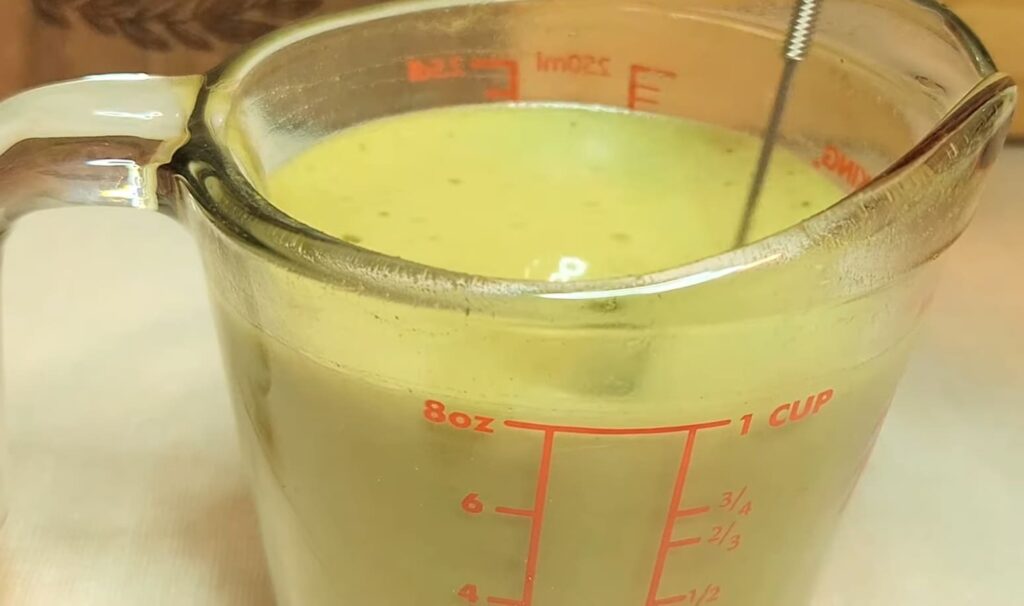
Can You Mix Coffee and Matcha?
Many people enjoy both coffee and matcha for their caffeine content and other benefits. But is it safe and advisable to mix coffee and matcha together into one beverage?
Is it Safe to Mix Matcha and Coffee?
Safety-wise, it is technically acceptable to mix matcha powder and coffee together. Matcha and coffee both contain caffeine as their primary active ingredient, so no toxic reactions will occur by combining the two. However, there are some essential factors to consider:
- Caffeine dosage – Matcha contains less caffeine than coffee per serving. Combining the two may lead to excessive caffeine intake if you aren’t careful with proportions.
- Sensitivity – Those highly sensitive to caffeine may experience jitters, anxiety, GI issues, etc., from too much caffeine. Mixing matcha and coffee can amplify caffeine effects.
- L-theanine balance – Matcha contains L-theanine, which stabilizes caffeine’s effects. Adding coffee may inhibit experiencing matcha’s calm focus.
Overall, pay attention to your personal caffeine tolerance and carefully monitor proportions when blending matcha and coffee. Start with more matcha than coffee to maintain the L-theanine to caffeine ratio.
Potential Benefits of Mixing Matcha and Coffee
While not the most expected pairing, there may be some potential upsides to mixing matcha and coffee in moderation:
- Sustained energy – The combination can prolong energy and alertness from caffeine longer than just having coffee alone.
- Focus – Matcha’s L-theanine paired with coffee’s caffeine may further enhance concentration and productivity.
- Antioxidants – Adding matcha to coffee can infuse extra antioxidants from the green tea.
- Frothy texture – Using a milk frother on matcha and coffee can create a lush, bubbly drink.
- Flavor – Some people enjoy matcha’s vegetal note complementing coffee’s roasted flavor.
If you’re looking for sustained caffeine and focus plus added antioxidants, combining matcha and coffee may be worth trying. Just carefully control the proportions and watch out for any unwanted side effects from too much caffeine.
Potential Drawbacks of Mixing Matcha and Coffee
There are also some possible downsides to keep in mind when blending matcha and coffee:
- Altered taste – Matcha’s grassy flavor and coffee’s roasted profile often clash instead of complementing each other.
- Masked flavors – Combining the two can prevent you from adequately tasting the subtle flavors of high-quality matcha or single-origin coffee.
- Loss of balance – Matcha’s effects can become muddled when adding the sharper caffeine jolt of coffee.
- GI issues – Too much caffeine from combining both drinks can lead to nausea, stomach aches, and diarrhea for some.
- Anxiety – Excess caffeine without the calming L-theanine of matcha alone may heighten tension in caffeine-sensitive individuals.
- Sleep disruption – The extra stimulating effects of adding coffee to matcha can delay sleep onset if consumed later in the day.
Consider how your body reacts to the combination and avoid it if you experience any unpleasant effects. Stick to enjoying matcha and coffee separately if the flavors also seem incompatible with your palate.
How to Mix Coffee and Matcha
While coffee and matcha both contain caffeine, their flavors are pretty different. However, some enjoy combining the two for an antioxidant-rich caffeinated beverage. Here are tips for blending matcha and coffee.
Brewing Methods
If you want to integrate matcha into coffee, you can use:
Drip coffee
Brew coffee as usual, then stir in 1⁄2 tsp – 1 tsp matcha powder.
Espresso
Pull 1-2 shots of espresso, then mix in 1⁄4 tsp – 1⁄2 tsp matcha.
Cold brew
Steep cold brew concentrate, add 1⁄2 tsp – 1 tsp matcha before serving over ice.
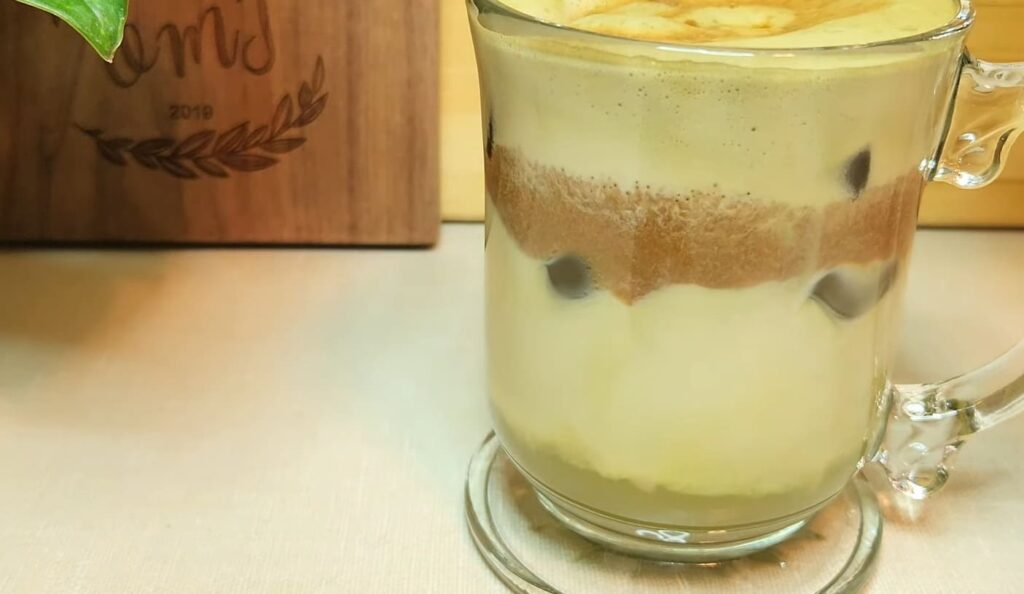
Latte
Make coffee or espresso, add steamed milk, mix in 1⁄2 tsp – 1 tsp matcha.
Start with more matcha than coffee to maintain the mellowing effects of matcha’s L-theanine.
Tips for Taste and Texture
To optimize the matcha coffee blend:
- Use high-quality ingredients – single-origin coffee and ceremonial-grade matcha.
- Adjust proportions – More matcha than coffee prevents bitterness.
- Mix thoroughly – Whisk vigorously so matcha dissolves completely.
- Try different kinds of milk – Dairy or plant milk can complement the flavors.
- Sweeten if needed – Honey or maple syrup smooths bitterness.
- Top with foam – A milk frother creates a nice frothy top.
- Garnish – Cocoa powder or cinnamon gives visual and flavor appeal.
For best results, limit caffeine to 1⁄2 tsp matcha and one espresso shot maximum. Mind the timing and avoid late-day consumption to prevent disrupting sleep. While not a common pairing, matcha and coffee can be blended nicely with the proper technique. But it’s often best to savor their distinct flavors separately.
FAQ
Can you mix coffee and matcha together?
You can physically mix coffee and matcha powder together into one beverage. But whether or not you should incorporate them comes down to a matter of taste and desired effects.
Most experts advise against mixing coffee and matcha for the following reasons:
- Clashing flavors – Coffee has an earthy, roasted flavor, while matcha is vegetal and grassy. The flavors generally do not complement each other well.
- Masked benefits – Adding matcha to coffee makes it harder to taste and experience the unique flavor and effects of matcha on its own. The same goes for adding coffee to matcha.
- Excess caffeine – Combining caffeinated coffee and matcha can lead to an excess caffeine intake if you’re not careful with proportions. Too much caffeine can cause jitteriness, anxiety, GI issues, etc.
- Loss of balance – Matcha contains L-theanine, which provides calm, sustained focus to balance out caffeine’s energizing effects. Mixing matcha with coffee may prevent you from experiencing the full balanced alertness of matcha alone.
Some people do enjoy blended coffee and matcha drinks. But in general, it is recommended to drink them separately to savor better and harness the distinct characteristics of each beverage.
Related Video: How to Make a Matcha Latte – The Best Matcha Latte Recipes
Summing Up
In summary, while coffee and matcha both contain caffeine, their flavors and effects are quite different. Matcha has a vegetal, grassy taste that is more potent than coffee’s roasted flavor. The L-theanine in matcha promotes alert calmness rather than coffee’s jittery stimulation. Combining coffee and matcha is not recommended, as the flavors generally clash. However, those who enjoy both beverages can alternate them throughout the day to receive the unique benefits of each. In moderation, coffee and matcha can both be part of a healthy, balanced diet.

